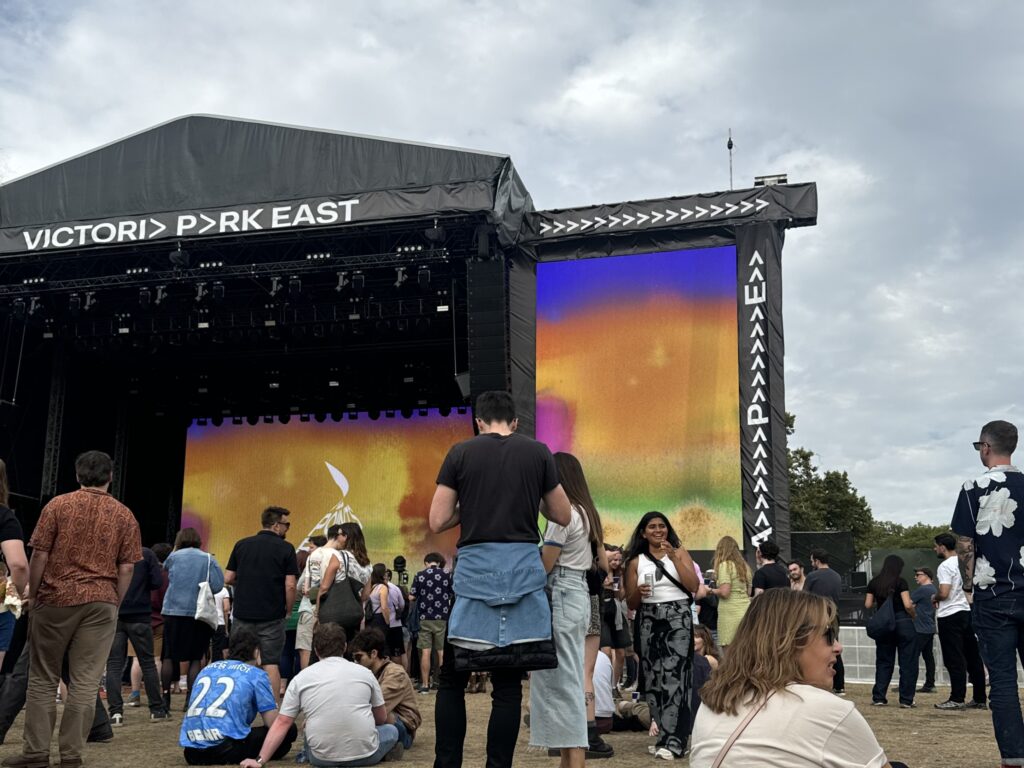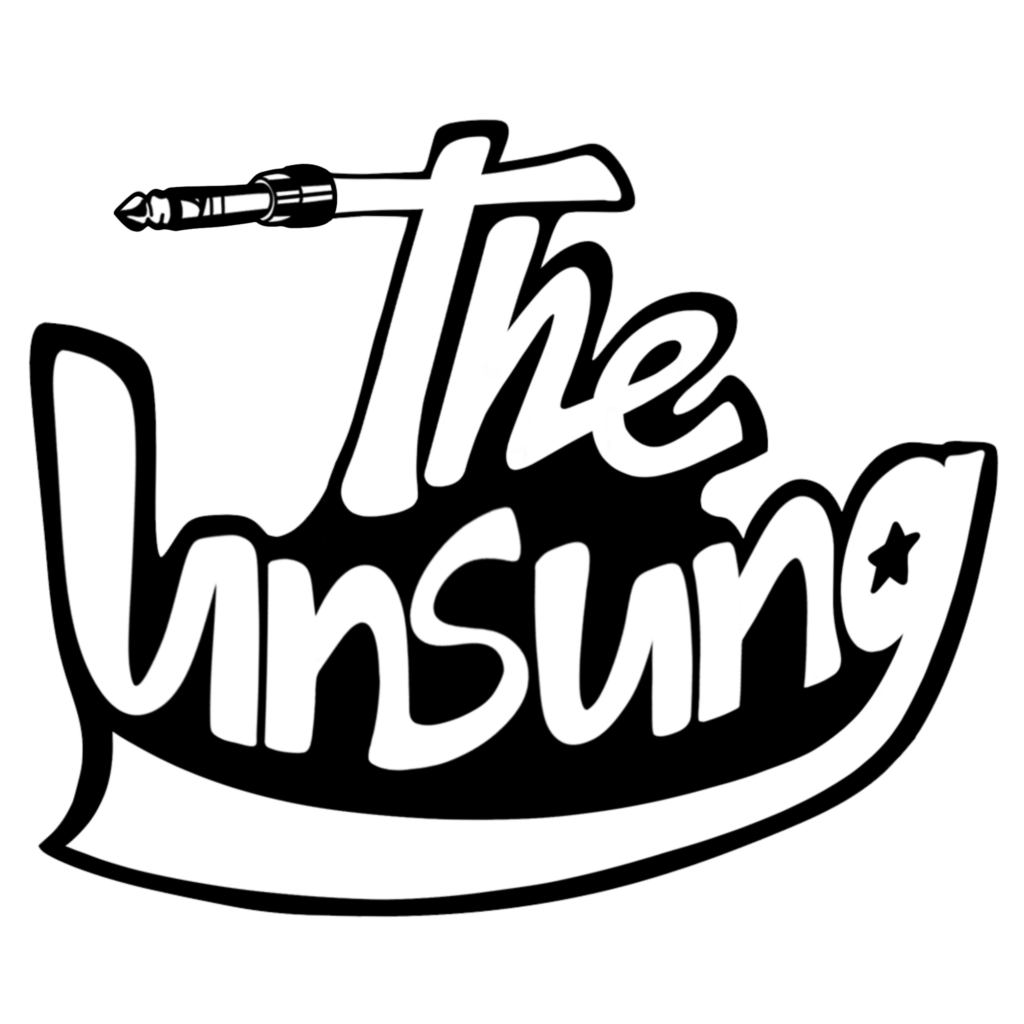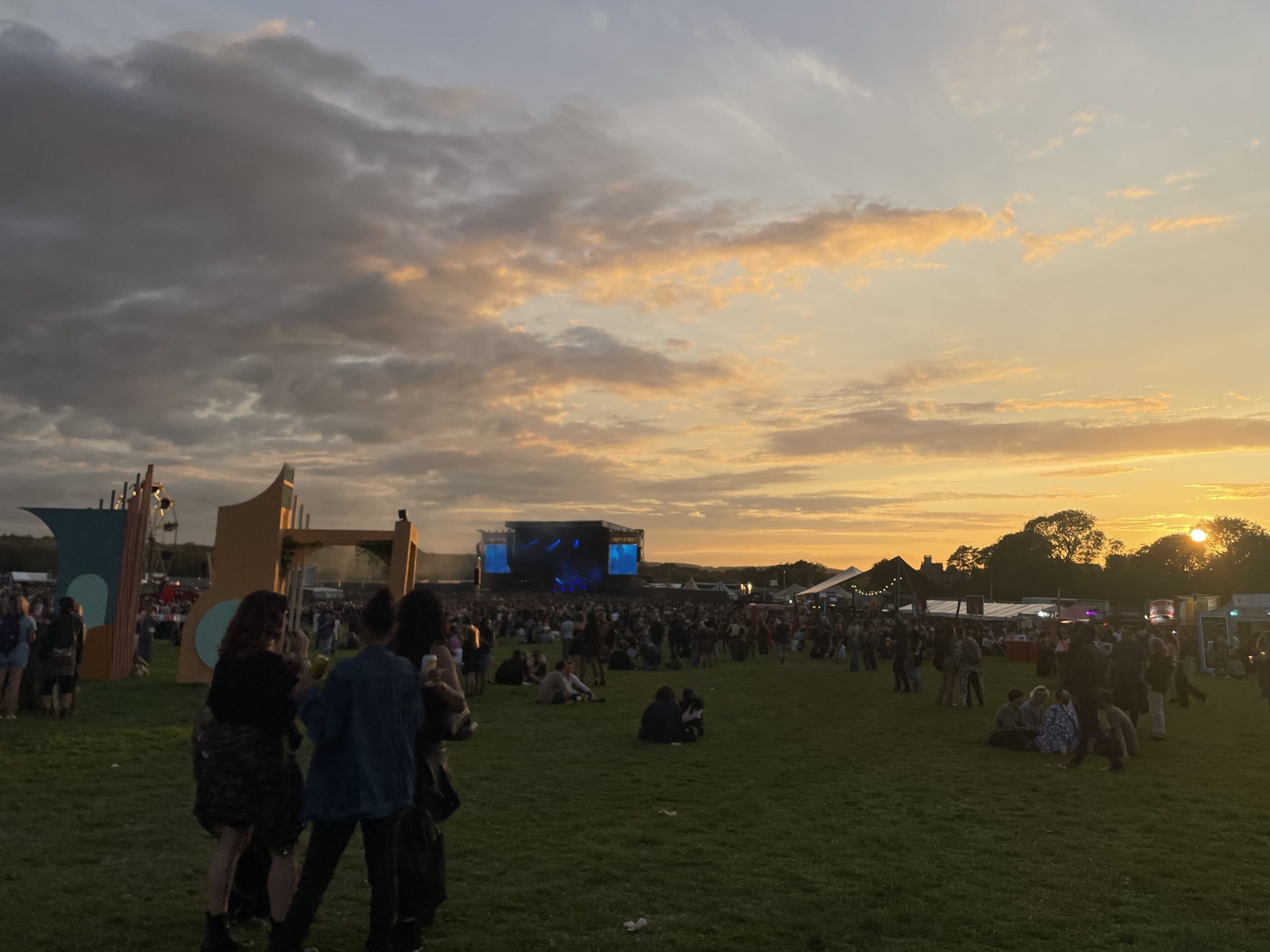Attending live events is often a privilege reserved for those only with the financial means to afford it. Access to these events is something that has been lost to the ever-growing number of people effected by the cost of living crisis. However, one groundbreaking initiative hailing from Sheffield, Tickets for Good, has started revolutionising the ticketing industry by distributing free and discounted tickets to people who might otherwise be unable to attend events. The scheme is opening the doors to live venues to individuals, from NHS staff to charity workers.
With over eight million households currently receiving cost of living support in the UK, Tickets for Good champions itself on a vision of inclusivity. “It’s all about access,” explains Alex Deadman, Head of Communications at Tickets for Good. “We’re driven by the belief that everybody should have access to events. And that event participation is a good thing and is good for people. There’s lots of academic research to back this up and we’ve also commissioned some of our own research in the past,” Deadman explains. “I think it’s also quite an instinctive belief that we all sort of naturally feel like this is a good thing.”
The Tickets for Good model underwent various iterations before becoming what it is today. Steve Rimmer, the CEO, has built up a history of working with social enterprises in Sheffield. His involvement with projects like CADS, Creative Arts Development Space, laid the groundwork for what would eventually become Tickets for Good. CADS transformed ex-industrial spaces sitting empty with questionable futures, whether that be earmarked for renovation or demolition, into spaces for artists. “CADS was getting into those places and then opening them up for artists, often in sort of small studios that would be, discounted or very, very cheap or even free so that people could just use them,” Deadman explains. The idea evolved after getting involved in ticketing. Leading first to the donation of booking fees to charity. This eventually inspired the creation of a project called the ‘Ticket Bank,’ similar to a food bank, where promoters could donate tickets to be distributed by charities.
The COVID-19 pandemic struck just as Tickets for Good was developing its current model, forcing a pivot to online. Focus turned to digital content and a partnership with NHS Digital in London, putting on online activities for nurses, such as DJ events and cookery classes.
Once events returned, there was a drive from the events sector who wanted to give back, especially to NHS workers for their hard work during the pandemic. “It just grew from there,” Deadman beams. “So, we got a really big NHS user base and then we brought charities back in, sort of harkening back to an earlier version of the company and then moving on to Cost of Living.”
The music industry has shown strong support for Tickets for Good’s mission. Many event organisers have recognised the challenges people face when trying to access events. The barriers to entry often extend beyond the ticket price, encompassing additional costs within the festival itself. “We have found events [Such as] Shambala Festival and We Out Here [Festival], who both were really keen to make sure they had tickets available for people who cost of living affected,” Deadman shares. “Shambala were doing things like giving free tents, free transport, even free food and drink.”
This notion of accessibility has been seen across many UK festivals. An example of this is Glastonbury Festival, the largest greenfield music and performing arts festival. Although raising ticket prices, the festival has taken steps to combat barriers faced by many. 75% of food traders at the festival signed up to a £6 affordable meal pledge. Additionally, they have implemented free child tickets while partnerships with charities have allowed for volunteer’s to attend the festival in exchange for work.
We reached out to WaterAid, one of Glastonbury’s charity partners for comment on their action at this year’s festival. Working as one of the three Joint Charities, they said “In 2024, WaterAid teamed up with Hey Girls and Glastonbury Festival to ensure all festivalgoers could manage their period with dignity. Free sustainable and organic disposable period products from leading UK social enterprise Hey Girls were available at info points and WaterAid’s women’s urinals, to make sure those who got their period were never caught out.” Commenting on the success of this year’s operation they noted, “Our volunteers had another excellent year supporting the water and sanitation services on site, while our new period provisions on site were positively received.”
“Cost of living affected people are everywhere,” Deadman exclaims, “they’re in all walks of life”. In 2024, 51% of UK adults reported rising cost of living. The sheer number of people affected led to difficulties in communicating with, and ensuring the right people were reached. But by working with councils and conducting targeted outreach projects, Tickets for good have managed to bring a new model of the ticket bank to their platform.
“Cost of living affected people are everywhere, they’re in all walks of life.”
Alex Deadman
Deadman explains how a collaboration with Doncaster born artist, YUNGBLUD, helped to drive attention to the ticket bank and get new people signed up on the platform. “His event was already pretty accessible. He did a daylong festival with a £50 ticket,” Deadman tells us, “but he did want to do some additional free tickets for people who cost of living affected, and it was great to partner with him on that and do a very public campaign”. The partnership led to YUNGBLUD appearing on Channel 4 to talk about his day festival and the Tickets for Good Scheme.
“We’re never going to have, thousands of Taylor Swift tickets on the platform. I think that’s fair to say. we might have a couple if we’re lucky,” Deadman comments on where the organisation is at currently “but we’re ready to move with where the availability is and we’re very much supportive of the of the industry. You know, we were from the hospitality industry, we support events of all nature; sport, comedy, theatre, festivals, live shows!”

With pilot projects in both Holland and America the future looks promising for Tickets for Good. “The opportunity is massive. The challenge is matching the supply with the demand”. Positioning themselves to take their ethos globally, Deadman hints “We’re always looking to onboard new user groups,” signalling that even more people could soon benefit from this innovative initiative.
“We need the industry to survive, and we’re actively doing what we can to help it.” Deadman concludes. “We’re such a multicultural country, the fact that we have this incredible, diverse range of events and that we’re able to grow talent here in all sorts of, different disciplines, actors, musicians, event professionals, that’s a that’s a big deal for myself.” As Tickets for Good continues to grow, its mission remains clear: to make sure that everyone, regardless of their financial situation, has the chance to experience the joy and cultural enrichment that live events bring.


